Coming Out as Bisexual
Often misunderstood, bisexuality is discussed less openly than other sexual preferences.
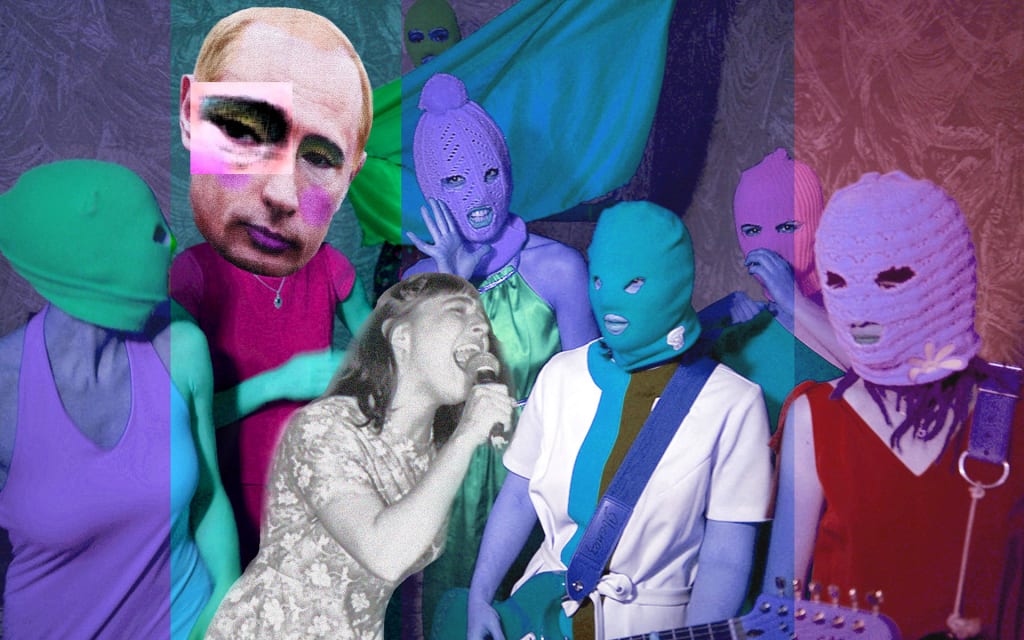
As a divorced woman in my thirties, I have witnessed my fair share of injustices. For example, my husband stopped being attracted to me after I couldn’t lose the baby weight from having our son and I wasn’t awarded full custody because I was unemployed. I have bounced back from my divorce and I am comfortably well-off, with a good job, and liberated enough not to have to take alimony from my ex-husband. Even though those points in my life were some of the lowest, I find it difficult to complain about it. For most people around the world, marriage is something that can never be achieved, never mind getting a divorce.
I’ve lived this social injustice for the last two years. As I was repairing myself, I started to realize that I was sexually attracted to women. It started off casual enough when I met a woman at the gym and we became workout partners and soon after, great friends. Although I was attracted to her, it took a long time for me to admit I could do anything with her. I was raised in a time where anything other than the normal was hushed and overlooked. Sex education was centered around heterosexuality and it was the woman’s responsibility to marry and reproduce. I was never exposed to LGBTQ culture and I wasn’t sure how to even engage in a physical relationship with a woman.
One night, after we finished a workout, I confessed my confused feelings surrounding us as becoming more than friends. She took me home that night and exposed me to what it really meant to make love. That night as we lay together in bed, I didn’t feel as guilty as I thought I would, and after each occasion I became less and less inhibited. Yet even when we started dating, I couldn’t help to still be attracted to men and sexually crave after them.
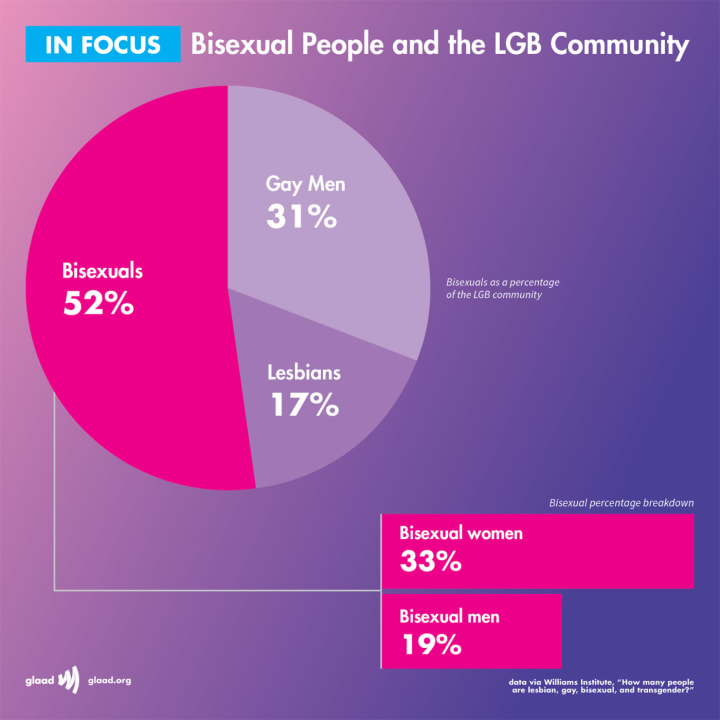
via Glaad
Expected to Choose a Side
I was never able to tell this to my girlfriend. How could I tell her that I was sexually attracted to her but still sexually attracted to men too? My girlfriend and I went to different bars and merged into specific social circles where men seem to be reviled. Whenever I talk to a man, she got insanely jealous and we stop talking for days. When I confided my lesbian experiences to a man that I thought would accept me, he was utterly repulsed. I was shocked and hurt. All my life I was taught to be with the opposite gender and yet I was attracted to both. It took me a long time to deal with the term bisexuality, but when I did, I found a support group willing to listen and offer words of advice.
It seems to me that most people actually still see men and women as either heterosexual or homosexual. There is a gray area when it comes to sexuality. This gray area of bisexuality, asexuality, pansexuality, and many other self identifiers goes unnoticed in mainstream culture and laws. However, I am hopeful for a revolution. If a bisexual woman can get a position in the male dominated United States Congress, than who is to say that I can’t make it happily into my golden years loving both males and females?
The Progression of Bisexuality in the 21st Century
In 2011, San Francisco’s Human Rights Commission released a report on bisexual visibility, titled “Bisexual Invisibility: Impacts and Regulations.” This was the first time any governmental body released such a report. The report showed, among other things, that self-identified bisexuals made up the largest single population within the LGBT community in the United States. In each study included in the report, more women identified as bisexual than lesbian.
In September 2012, Berkeley, California became the first city in America to officially proclaim a day recognizing bisexuals. The Berkeley City Council unanimously and without discussion declared September 23 as Bisexual Pride and Bi Visibility Day. Then in 2013 on Bisexual Pride and Bi Visibility Day, the White House held a closed-door meeting with about 30 bisexual advocates so they could meet with government officials and discuss issues of specific importance to the bisexual community; this was the first bi-specific event ever hosted by the White House. In November 2012, Kyrsten Sinema was elected to the House of Representatives, becoming the first openly bisexual member of Congress in American history.
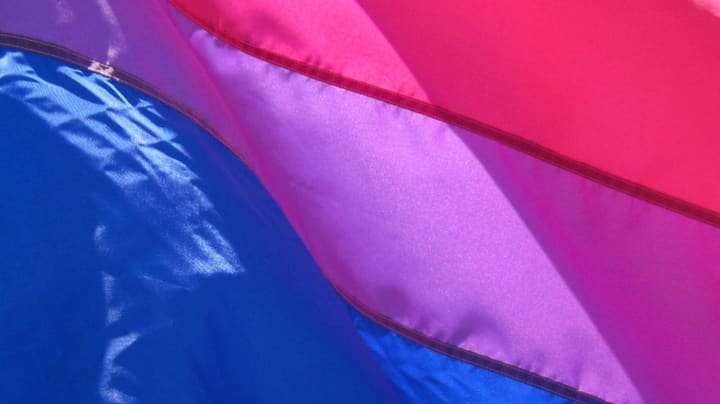
via i-D
Negative Stigmatism of Bisexuality
In 2013, the Los Angeles Times reported a startlingly low percentage of bisexuals were out of the closet to their close friends and family—28 percent, as opposed to 71 percent of lesbians and 77 percent of gay men, according to a Pew Research Center survey.
Bisexuals are frequently bombarded with a variety of stereotypes, which range from dismissive to downright insulting. In 2005, The New York Times published an article entitled “Straight, Gay, or Lying? Bisexuality Revisited.” The article discussed a recent study conducted by psychologists at Northwestern University in Chicago and the Center for Addiction and Mental Health in Toronto which attempted to gauge the sexual responses of men based on their physiological reaction to porn. 101 young adult men were recruited, 33 of whom identified as bisexual, 30 as straight, and 38 as homosexual.
The researchers asked the men about their sexual desires and rated them on a sexual orientation scale, ranging from 0-1 for heterosexuality, 5-6 for homosexuality, and somewhere in the middle for bisexuality. Then they used a sensor to monitor sexual arousal while the men watched both straight and gay porn. They discovered the men who described themselves as bisexual had physical reactions which conflicted with their ascribed sexuality: about three-quarters of the group had identical patterns to those of gay men and the rest were indistinguishable from those of straight men. While the article concluded that it was impossible to dismiss bisexuality based on such a small test group and that the study would have to be replicated on a larger scale, studies like this are indicative of a greater societal problem in which bisexuals are often dismissed or belittled based on their sexuality. In fact, the title of the article comes from a commonly attributed notion, particularly among gay men, that bisexual individuals are usually homosexual, but either ambivalent or closeted concerning their sexuality, or literally that “you’re either straight, gay, or lying.”
Reluctant to Discuss Orientation
Unfortunately, as a result of these stereotypes, bisexual individuals often end up feeling marginalized, even within the LGBTQ community. On the one hand, they don’t identify as straight, so the straight community tends to lump them in with the LGBTQ community as “confused or undercover homosexuals.” On the other hand, the LGBTQ community often rejects bisexuals for “having a pass” because they’re “half-straight,” and as thus don’t have to deal with as much oppression as gays or lesbians. The truth is that bisexuals, dealing with discrimination from both communities, wind up having to deal with more oppression as a result. There are even accounts of bisexuals who feel uncomfortable or unwelcome at pride events, particularly if they’re in attendance with a partner of the opposite sex. Bisexuals in a visible opposite-sex relationship have been called hateful slurs such as ‘breeders’ or ‘switcheroos,’ and sometimes find themselves pushed, prodded, and in other ways physically assaulted in the crowds. While these behaviors should not be considered indicative of the LGBTQ community as a whole, they do happen, and it’s a bit unbelievable considering that the community is supposed to promote love and triumph over adversity. Not to mention, the first “gay pride” was co-organized by Brenda Howard, a bisexual woman who has become known as the “Mother of Pride.”
Bisexuals make up half of the entire LGBTQ community, but often they wind up feeling like they have to pick one team or the other, hide who they are, or act on their best behavior in order to counteract the negative preconceptions. No other sexual group is more scrutinized for their behaviors, and that is a truly damaging way to treat anyone. Of course, by working together, and speaking loudly and proudly about our sexuality and our experiences, we can overcome these stereotypes and create a better perception of bisexuality. After all, we just want to love everyone, and for everyone to love us in return.
As difficult as it can be to come out as a bisexual, or to discuss your sexual orientation, there are resources out there to make the journey easier. As I said, I found a support group that was very helpful. One of my group mates shared this book with me, and I found it exceptionally useful.
A light hearted and intriguing book, The Bisexual's Guide to the Universe: Quips, Tips and Lists for Those Who Go Both Ways by Nicole Kristal and Mike Szymanski, is full of laugh out loud anecdotes, facts, and tips for almost anyone.
About the Creator
Lizzie Boudoir
Thrice married, in love once, overly romantic, and hypersexual.




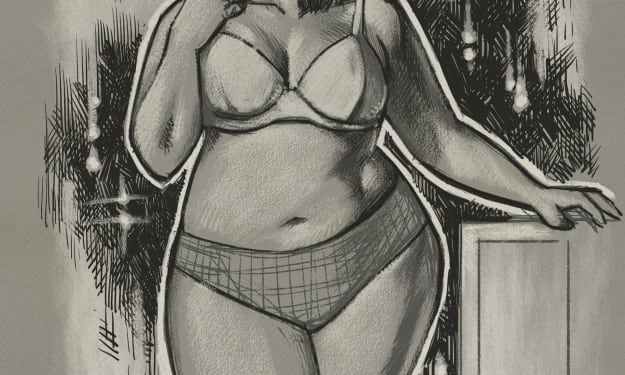
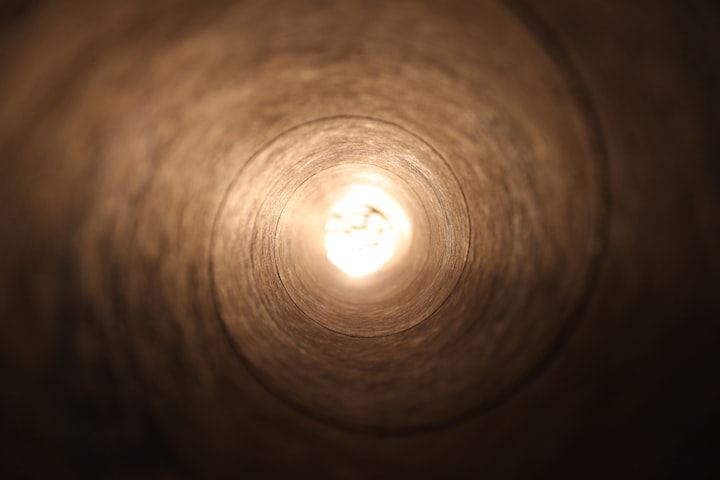
Comments
There are no comments for this story
Be the first to respond and start the conversation.